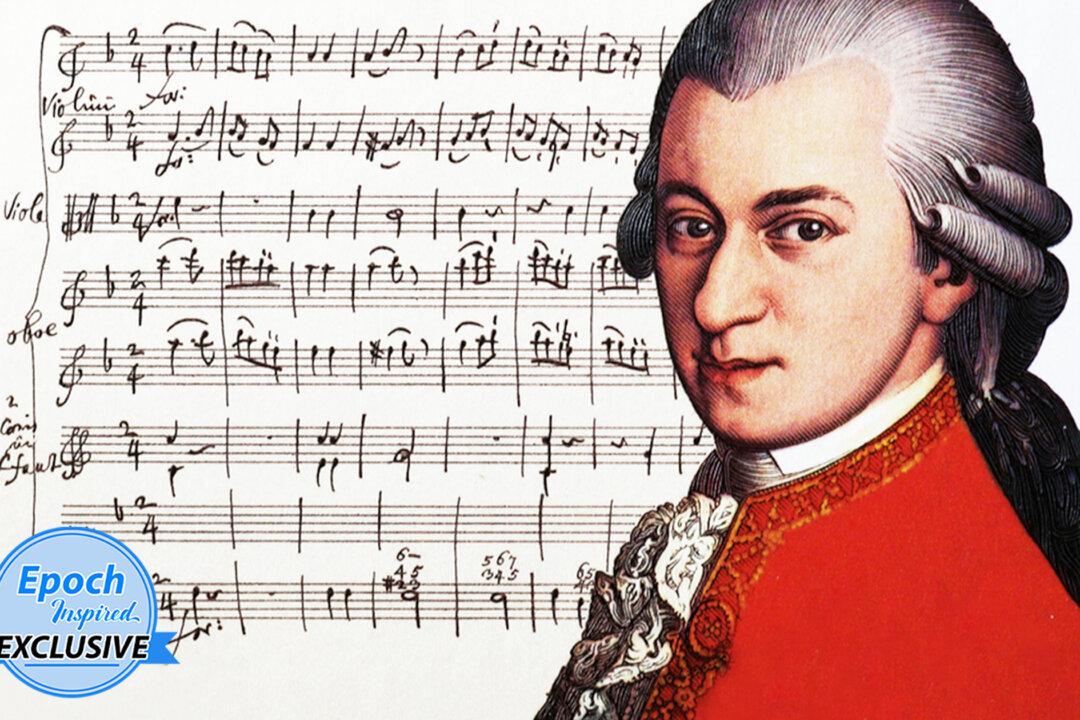Ancient tales of wisdom remind us of the traditions and moral values that have been treasured all over the world. We hope the stories and messages in our Tales of Wisdom series help uplift the hearts and minds of our readers.
This retold tale, “A Glimpse of Mozart,” is one of many audio stories from the discontinued “Ancient Tales of Wisdom” program by the Sound of Hope Radio Network, now transcribed and printed here for the enjoyment of our readers.






